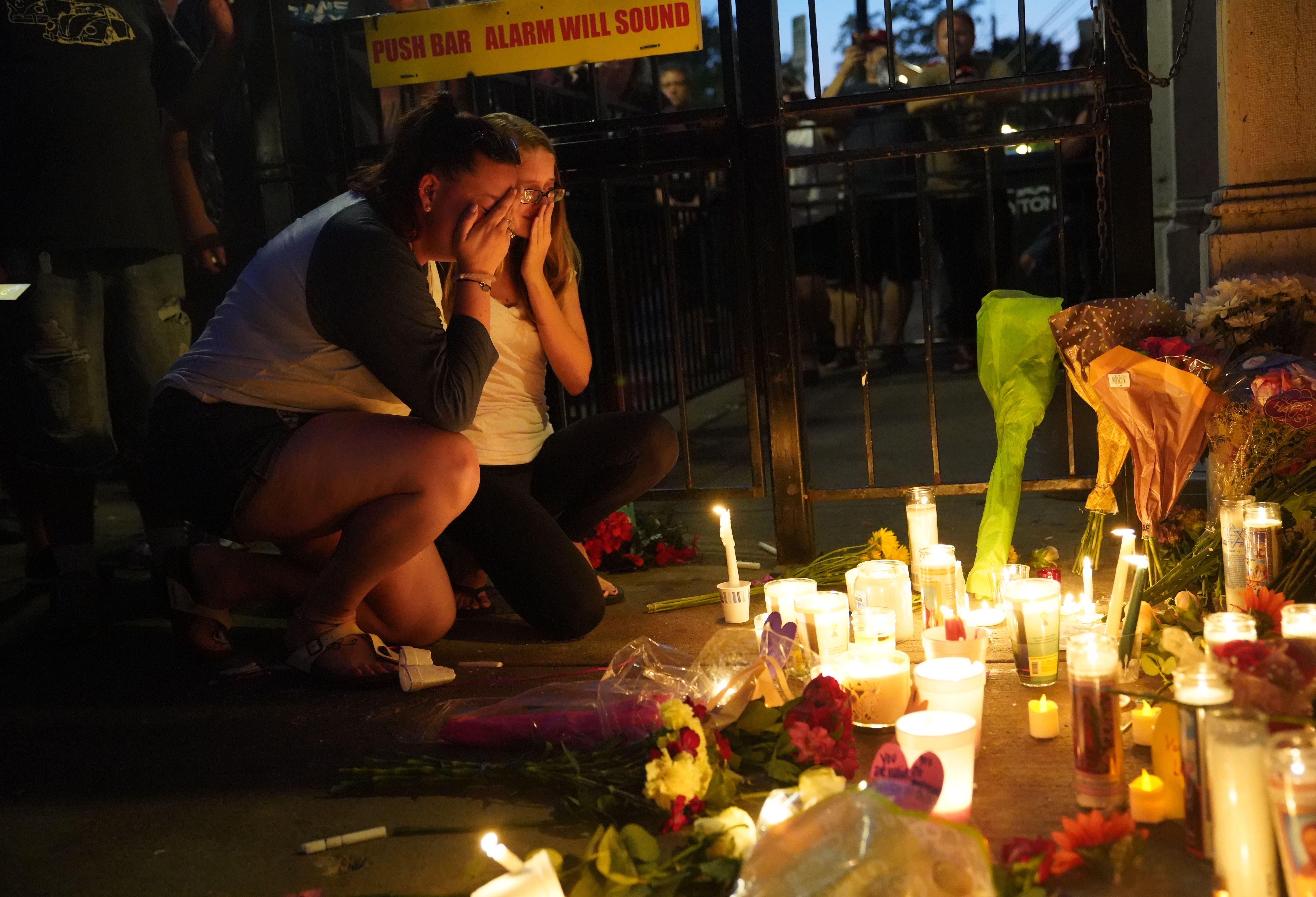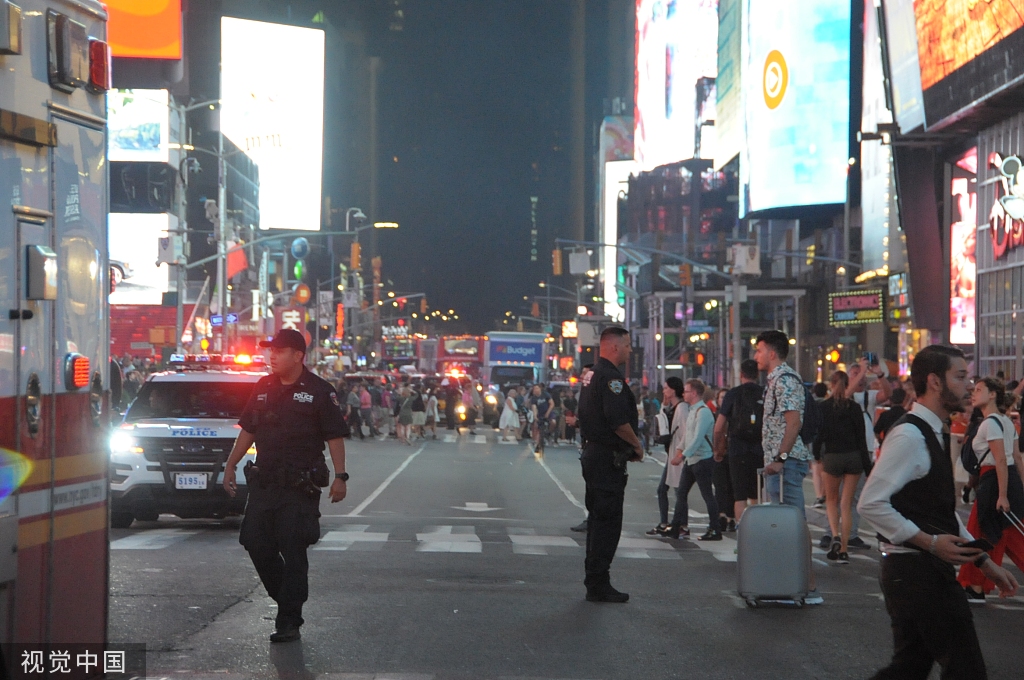Mass shootings and the American global image
- By Mitchell Blatt
 0 Comment(s)
0 Comment(s) Print
Print E-mail China.org.cn, August 21, 2019
E-mail China.org.cn, August 21, 2019

"I would not allow my child to go to the United States to study."
On a visit to the Master of Nets Garden in Suzhou, a Chinese woman approached me at the teahouse inside the garden and began talking about America and guns.
Earlier that week, two mass shootings had occurred on the same day in different parts of America. Twenty-two people were killed by a lone gunman at a Walmart store in El Paso, Texas, and nine people died in a shooting at a bar in Dayton, Ohio.
"I only have one child," this woman told me. "If anything happens to her, that is it."
Since then, there has been yet another extreme shooting incident in Philadelphia, Penn., on August 14, when a convicted felon shot and wounded six police officers trying to enter a house to arrest him on drug charges.
That's on top of the routine single-victim murders that happen daily. In an average week, more than 200 people will die in homicides by shooting, and the number of suicides using a gun has been climbing almost every year since 2007.
Police shootings of suspects have also been a subject of growing concern. This problem is linked to the mass ownership of firearms; police may be trigger-happy because they are constantly on edge that the person they are confronting might have a gun.
As mass shootings continue to happen with monotonous regularity, attracting much international attention, foreign public reacting in much the same way as the Chinese parent I spoke to in Suzhou. Consulates or foreign ministries of Japan, Uruguay, and Venezuela all recently issued statements advising their citizens to exercise caution while visiting the United States.
Other countries have raised the topic with less fanfare. "Sporadically, mass shootings occur," Germany said somewhat mildly. The warnings from Venezuela and Uruguay were, in part, political statements – both countries oppose the U.S. decision not to recognize Venezuela's Maduro regime following unrest there – but they do reflect real unease about an ongoing problem.

Americans themselves are on edge. On August 7, the crowd in Times Square, New York City, panicked after a motorcycle backfire was mistaken for the sound of a gunman opening fire. The ensuing stampede resulted several actual injuries.
To stay away from America only because of gun violence, or to walk the streets, trembling at any loud noise, might be a bit of an overreaction. The chances of getting murdered in the U.S. are still very low in absolute terms.
The American homicide rate, admittedly, is much higher than that of most East Asian and European countries, but lower than most South American and African countries.
Yet it is understandable why people are scared. The only way to change the feeling is through reform of America's extremely permissive gun laws. That does not mean banning guns; doing so would not be possible, because the right to own a firearm is protected by the U.S. Constitution, and it would be politically impractical, anyway.
However, there are many modest reforms that could make the country slightly safer, also reassuring the public the government is trying to do something to solve the problem.
President Donald Trump stated he would support a "red flag" law that prevents people who present a credible threat to themselves or others (as determined by a court ruling) from owning a gun. Democrats have proposed universal background checks, a ban on assault rifles (weapon of choice for most mass shooters), and other such regulatory policies.
None of those laws would likely violate the Constitution; neither would any of them dramatically reduce the threat of mass shootings. However, taken together, even a small reduction in murder is a worthwhile goal.
The problem is that the Republicans, who currently control the Senate, almost always oppose even the most modest reform of gun laws. They blocked many similar bills when Barack Obama proposed them during his presidency. Although a few Republican senators have said they would support compromise bills, Wyoming Republican Sen. John Barrasso said: "I don't expect things have changed much."
Sadly, neither do many Americans.
Mitchell Blatt is a columnist with China.org.cn. For more information please visit:
http://www.china.org.cn/opinion/MitchellBlatt.htm
Opinion articles reflect the views of their authors, not necessarily those of China.org.cn.
If you would like to contribute, please contact us at opinion@china.org.cn.






Go to Forum >>0 Comment(s)